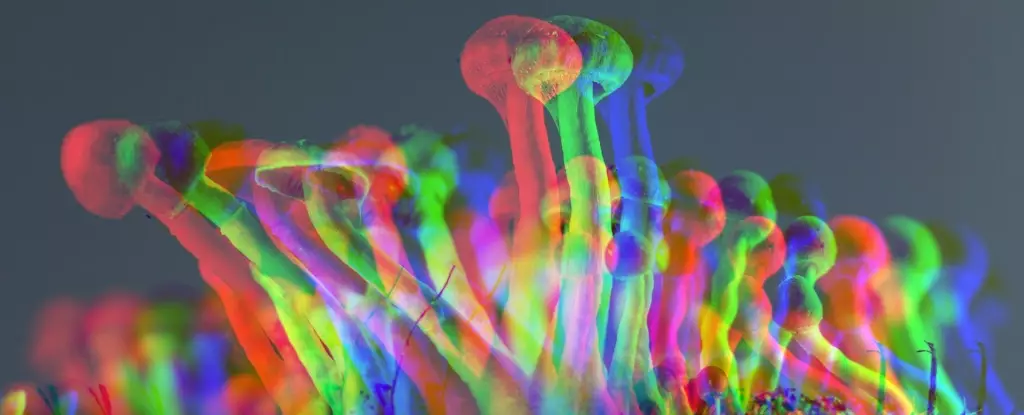For years, psychedelics like psilocybin have primarily been investigated for their profound effects on mental health—offering new hope for depression, anxiety, and PTSD. However, emerging research suggests that their benefits might extend well beyond the mind, potentially impacting the very biological processes that govern aging itself. This paradigm shift challenges the traditional perception of psychedelics as merely therapeutic tools for mental health and positions them as possible agents of biological rejuvenation. It compels us to rethink the scope of these substances—not just as psychological aids but as catalysts for cellular health and longevity.
Groundbreaking Evidence on Cellular and Organismal Longevity
Recent experiments conducted by researchers at Emory University and Baylor College of Medicine have laid an intriguing foundation. When human cells, specifically skin and lung fibroblasts, were exposed to psilocybin’s active compound, psilocin, they demonstrated a remarkable delay in senescence—the point at which cells cease dividing and enter a state of dormancy associated with aging. Cells treated with psilocybin lived significantly longer—over half again as long as untreated cells—indicating a potential delay in the cellular aging process.
Simultaneously, in vivo studies on mice shed further light on psilocybin’s promising role. Female mice, roughly equivalent in age to older humans, received a monthly dose of psilocybin for ten months. Astonishingly, over 80% of these mice survived through the study period, compared to only half of the control group. Importantly, these mice appeared physically healthier—showing fewer age-related traits such as fur graying and loss of vitality. Although these signs weren’t systematically quantified, their visual indicators hinted at an overall improvement in health span, not just lifespan.
Implications and Controversies in Aging Science
The implications of these findings are profound. They suggest that psilocybin could potentially be harnessed as a tool to mitigate the biological deterioration that accompanies aging. If these preliminary results can be replicated and expanded upon in human trials, we might be witnessing the dawn of a new approach to extending healthy years of life. This stands in stark contrast to the current focus on pharmaceutical interventions targeting specific age-related diseases, offering instead a holistic, potentially regenerative approach.
However, skepticism remains justified. The research is early, and many questions linger: How exactly does psilocybin influence aging pathways at the molecular level? Are there long-term risks associated with repeated psychedelic use in older populations? Does the mental health benefit intertwine with physical health improvements in a way that makes these results sustainable over decades? Critics will argue that the evidence is preliminary, and caution is needed before heralding psychedelics as anti-aging remedies.
Ultimately, this line of inquiry provokes a necessary reevaluation of psychedelics. Instead of dismissing them as mere mind-altering substances, perhaps it’s time to recognize their potential as multifaceted agents capable of influencing fundamental biological processes. As the scientific community advances, the hope is for a future where carefully controlled psychedelic treatments become a part of the arsenal against aging’s relentless march—unlocking a healthier, longer life for many.

